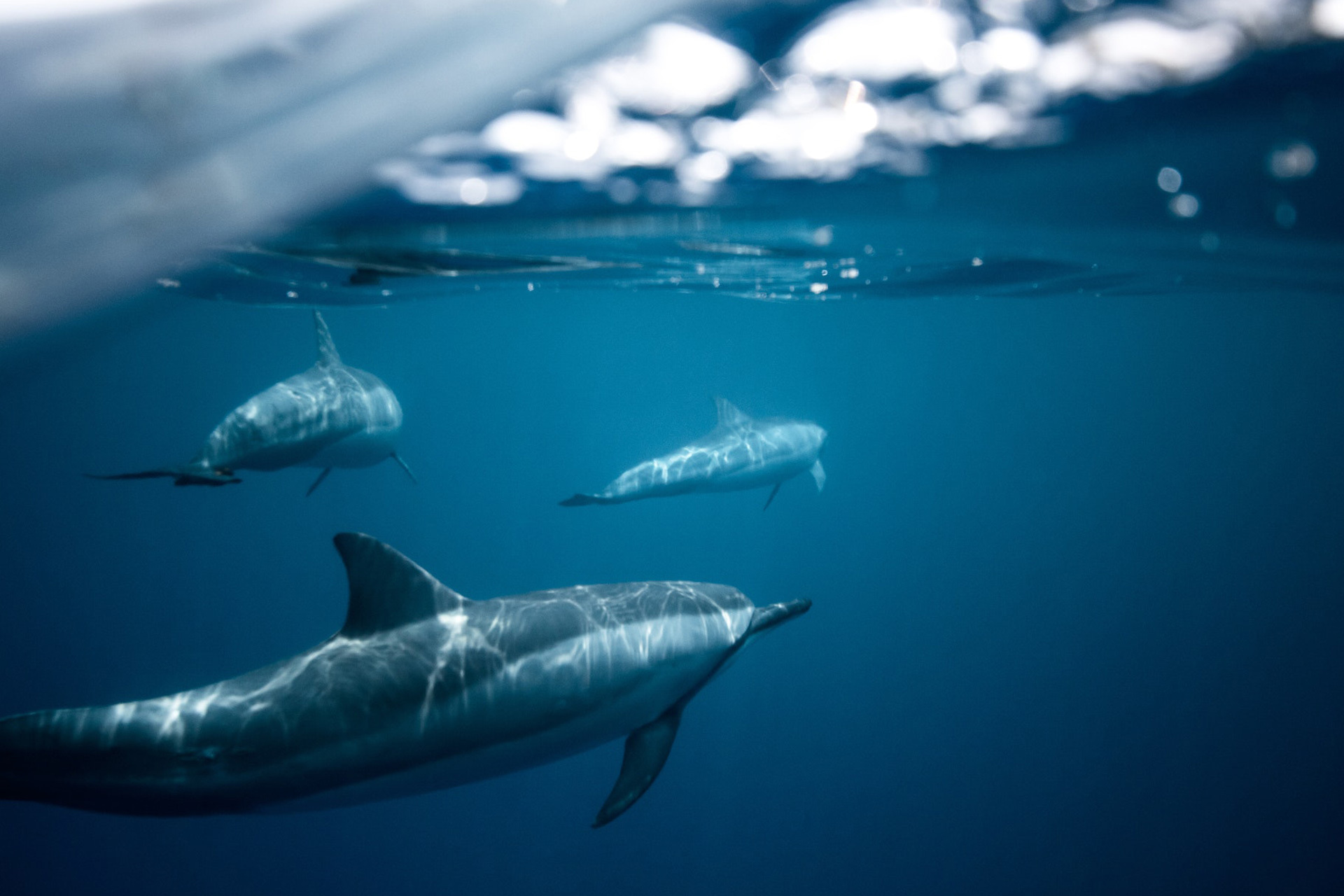01
Wildlife Behavior
and Ecology
Some species rely on specific environmental cues for migration, such as temperature and seasonal changes. Climate change can disrupt these patterns, affecting their survival and reproduction.
read More




